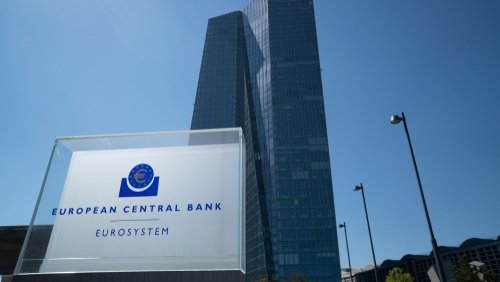Brussels (Brussels Morning) The European Central Bank (ECB) will almost certainly maintain a generous flow of stimulus in the face of the pandemic-starved European economy, as the bank’s leading officials fear higher borrowing costs could throttle the bloc’s recovery, which is barely starting to pick up pace.
Ahead of the policymakers’ meeting on Thursday, ECB President Christine Lagarde and board member Fabio Panetta made comments suggesting the discussion is all but over, since a cut in bond purchases is extremely unlikely, regardless of growth prospects improving and the vaccination drive speeding up.
Policymakers are reportedly concerned that, as borrowing costs are slowly inching up, any retreat by the ECB from its current low interest and bond purchase positions could lead to a runoff effect, setting off potentially dangerous market volatility, Reuters reported.
Inflation growth temporary
Despite the current inflationary surge, which exceeded the ECB target of 2% last month, policymakers believe the increase is merely a one-off, reversing last year’s energy price plunge, and that it does not indicate the start of a new era of price pressures.
Underlying price pressures, ECB analysts believe, remain weak, as well as wage growth, which indicates inflation rates are very likely to continue undershooting the 2% target for years to come, as they did for most of the last decade.
“Given the markets’ nervousness about taper talk and the ECB’s firm wish to distance itself from the taper preparations in the US over the summer, the ECB is likely to signal unchanged purchases until September”, Société Générale economist Anatoli Annenkov told Reuters.
Economists polled by the agency, however, emphasise that the emergency buys are unlikely to be extended beyond their planned termination in March 2022, which will pressure policymakers to start planning a strategy for their inevitable phase-out.




